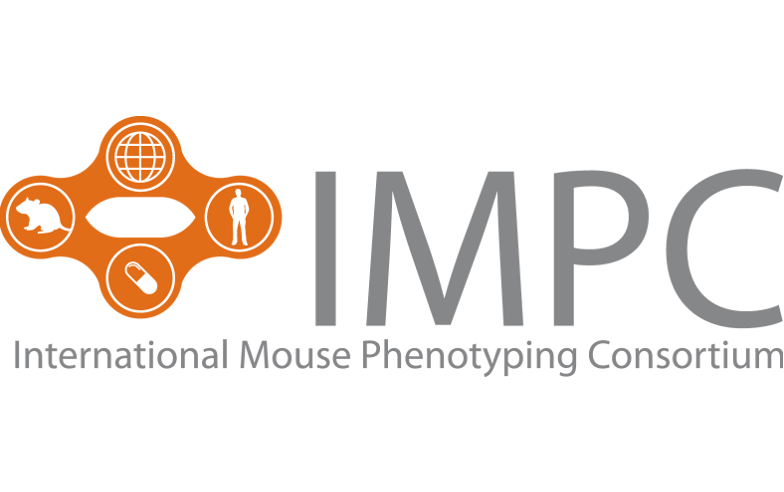|
세부과제번호
|
2016M3A9D5A01952416
|
단계
|
2단계 2차년도
|
|
세부과제명
|
유전자변형마우스 병리표현형 분석서비스시스템 구축 및 운용
|
공동 유/무
|
N
|
|
SCI여부
|
Y
|
게재년월
|
-
|
|
논문제목
|
Multi-omics analysis identifies pathways and genes involved in diffuse-type gastric carcinogenesis induced by E-cadherin, p53, and Smad4 loss in mice.
|
|
총저자명
|
Jun Won Park, Min-Sik Kim, Dominic C Voon, Su-Jin Kim, Jingi Bae, Dong-Gi Mun, Seung-Ik Ko, Hark K Kim, Sang-Won Lee, Dae-Yong Kim
|
|
학술지명
|
Mol. Carcinog.
|
게재권(호)
|
57(7)
|
|
저널구분
|
-
|
페이지수
|
947-954
|
|
참여연구원
|
-
|
연구책임자
|
남기택
|
|
과제기여도
|
30
|
PMID
|
29528141
|
|
사사기관수
|
-
|
IF (년도)
|
3.851
|
|
제1저자
|
Jun Won Park
|
교신저자
|
Dae-Yong Kim
|
|
공동저자
|
Min-Sik Kim, Dominic C Voon, Su-Jin Kim, Jingi Bae, Dong-Gi Mun, Seung-Ik Ko, Hark K Kim, Sang-Won Lee
|
|
|
|
초록
|
The molecular mechanisms underlying the pathogenesis of diffuse-type gastric cancer (DGC) have not been adequately explored due to a scarcity of appropriate animal models. A recently developed tool well suited for this line of investigation is the Pdx-1-Cre;Cdh1 ;Trp53 ;Smad4 (pC PS) mouse model that spontaneously develops metastatic DGC showing nearly complete E-cadherin loss. Here, we performed a proteogenomic analysis to uncover the molecular changes induced by the concurrent targeting of E-cadherin, p53, and Smad4 loss. The gene expression profiles of mouse DGCs and in vivo gastric phenotypes from various combinations of gene knockout demonstrated that these mutations collaborate to activate cancer-associated pathways to generate aggressive DGC. Of note, WNT-mediated epithelial-to-mesenchymal transition (EMT) and extracellular matrix (ECM)-cytokine receptor interactions were prominently featured. In particular, the WNT target gene osteopontin (OPN) that functions as an ECM cytokine is highly upregulated. In validation experiments, OPN contributed to DGC stemness by promoting cancer stem cell (CSC) survival and chemoresistance. It was further found that Bcl-xL acts as a targetable downstream effector of OPN in DGC CSC survival. In addition, Zeb2 and thymosin-β4 (Tβ4) were identified as prime candidates as suppressors of E-cadherin expression from the remaining Cdh1 allele during DGC development. Specifically, Tβ4 suppressed E-cadherin expression and anoikis while promoting cancer cell growth and migration. Collectively, these proteogenomic analyses broaden and deepen our understanding of the contribution of key driver mutations in the stepwise carcinogenesis of DGC through novel effectors, namely OPN and Tβ4.
|






